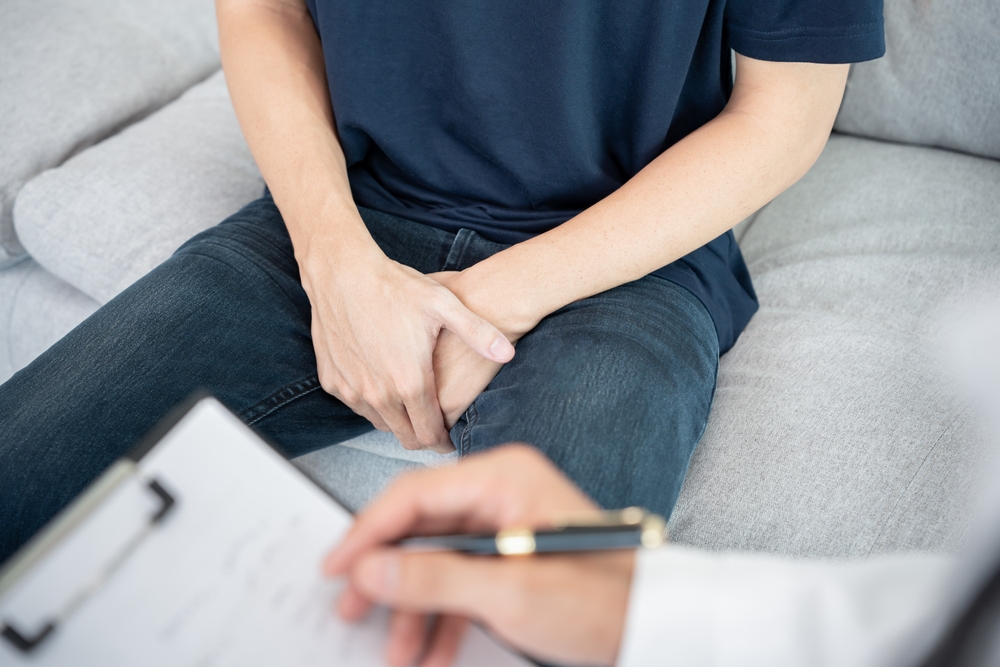Erectile dysfunction (ED) means having trouble getting or keeping an erection that’s strong enough for sex. It’s something that can happen to men at any age, but it’s more common as men get older. Erectile Dysfunction can come from different causes, like heart disease, diabetes, or even stress and anxiety.
If you’ve had prostate surgery, you might be worried about how it affects your ability to have erections. This surgery, which is often done to treat prostate cancer or other issues with the prostate, can sometimes lead to ED. That’s because the surgery can affect the nerves and blood vessels that help you get an erection. How much it impacts you can depend on the type of surgery you had and your own health.
It’s not just about physical health—it’s about getting back to enjoying a fulfilling sex life with your partner. Knowing what to expect can help you feel more prepared and less anxious about the recovery process.
ED after prostate surgery
Wondering how long ED might stick around after your prostate surgery is completely understandable. The good news is that many men do see improvement over time, but the exact duration can vary.
On average, ED after prostate surgery can last from a few weeks to several months. Some men start noticing improvements in their erections within a few months, while for others, it may take up to a year. It really depends on a few different factors:
Type of surgery
The kind of prostate surgery you had can make a big difference. For example, nerve-sparing surgeries, which aim to preserve the nerves involved in erections, might lead to quicker recovery of erectile function compared to surgeries that are more invasive.
Your general health
If you were already dealing with other health issues like diabetes or heart disease before the surgery, it might take a bit longer to see improvement in your erections.
Your age
Younger men or those in better overall health might recover faster than older men or those with more health problems.
Rehab and treatment
Engaging in rehabilitation programs, such as pelvic exercises or using medications as prescribed by your doctor, can help speed up your recovery.
Psychological factors
Your emotional state can also affect how quickly you get back to normal. Stress, anxiety, or depression can impact your ability to get and maintain an erection. Support from your partner and counselling might help with this.
It’s important to stay in touch with your healthcare provider during your recovery. They can offer guidance tailored to your situation and help you manage any challenges along the way.
Frequently asked questions about erectile dysfunction
How can I fix erectile dysfunction after prostate surgery?
To fix ED after prostate surgery, try prescribed medications, pelvic exercises, and counselling. Consult your pharmacy or GP for the best treatment options.
What treatments help with ED after prostate surgery?
Treatments for ED after prostate surgery include medications like sildenafil, penile injections, vacuum devices, and pelvic floor exercises. Consult your pharmacy or doctor for options.
Is it normal to have ED for a long time after prostate surgery?
Yes, it’s normal to have ED for several months after prostate surgery. Recovery time varies, so talk to your pharmacy or doctor about what to expect and how to manage it.

